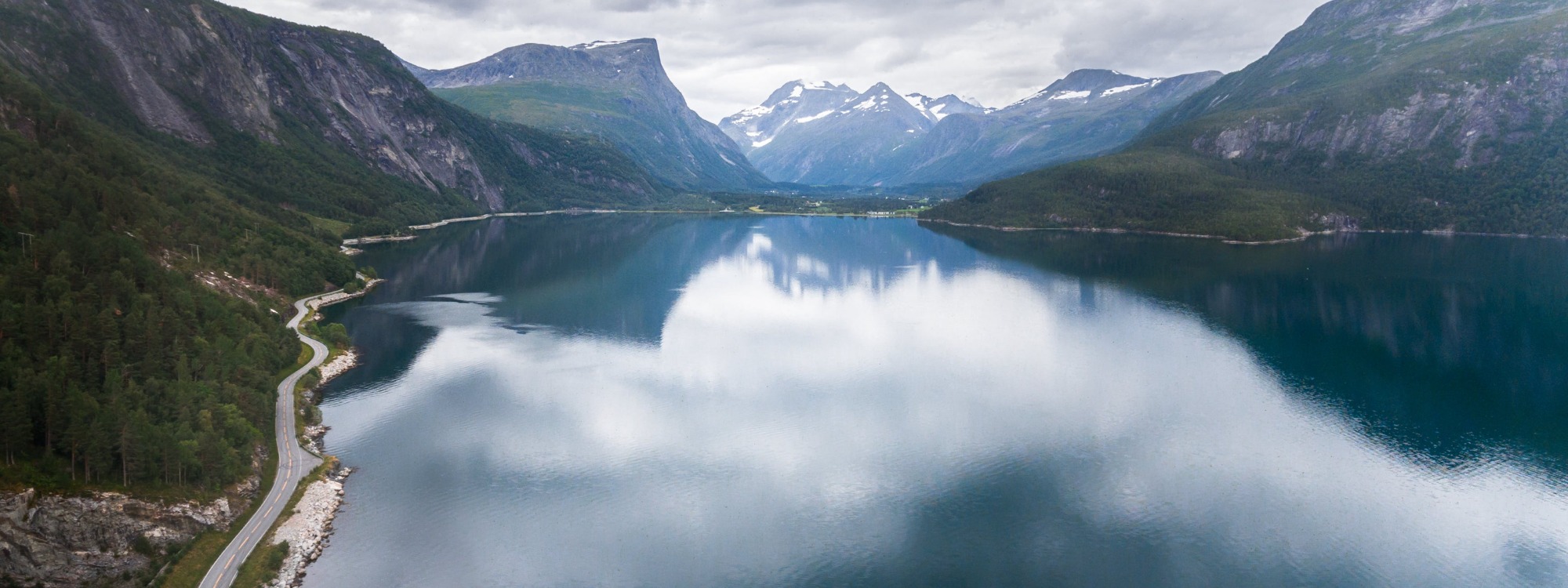
KS3 - Geography
The Key Stage 3 course in Geography has been designed to enable students to develop a solid grounding in the underlying principles and theories of Geography.
We have worked to ensure a foundation in applied Geographic Skills, Natural Resources, Population, Coastal landforms and processes, Development and Tectonics. The skills and knowledge contained in each of these is fundamental for students further learning and bridges ensures they will have a broad understanding ahead of their GCSE option choices, layering the basic information and skills they require for further study. In addition, we have aimed to fill gaps in Earth Science and Tectonics that are no longer covered in their science options. The aim therefore is to give as a broad an understanding as possible to aid and support progression through their school career, not just in Geography.
Year Group |
Areas of Study |
7 |
Progress in Geography: Starting OutUnit 1 – What is a Geographer? Learn all you need to know about the skills a Geographer has and pick up plenty of tips to be able to use them as you complete your Geography journeyUnit 2 – Is Earth running out of natural resources? Examine the range of natural resources we have on earth from rocks to ecosystems and learn why we need to be more sustainable in our use of themUnit 3 – Population – How is the world’s population changing? Can we manage it to make change more sustainable? |
8 |
Progress in Geography: Building on What I KnowUnit 1 – What happens when the sea meets the land? A close look at the way our coasts will change over time and in the future. Learn why and how we can better manage our valuable coastlinesUnit 2 – What is Development? Examine the topic of development by looking at how it is measured, why people live in poverty and how development can impact on gender inequalityUnit 3 – Can we ever know enough about volcanoes and earthquakes to live safely? An examination of the forces that shape our Earth below our very feet. How do these and have these forces linked to climate change in the past? |
9 |
Eduqas Specification APeople and the Natural World: There may be some rotation of units of study but all students will cover:Climate Change (in the Quaternary Period): Students will look at natural causes of climate change in the last 2.6 million years and compare this to the last 250 years to see the impacts of human activity. They will examine how people are today managing these impacts and observe the consequences for the natural WorldClimate Circulation and Global Weather Hazards: Students will examine the main drivers of atmospheric circulation linked to the tri cell model. They will develop this into an examination of Monsoons, Tropical Storms, Drought and Wildfires. They will examine the issues associated with water stress looking at the issues that evolve and management with particular reference to water stress in Africa as a result of weather patterns and processes and climate change.Ecosystems - Tropical Rainforests, Coral Reefs and Temperature Deciduous Woodlands and Rewilding: Students will examine the distribution, functioning, services and threats faced by selected key ecosystems. They will examine management strategies and evaluate their success linking back to threats from Climate Change |


